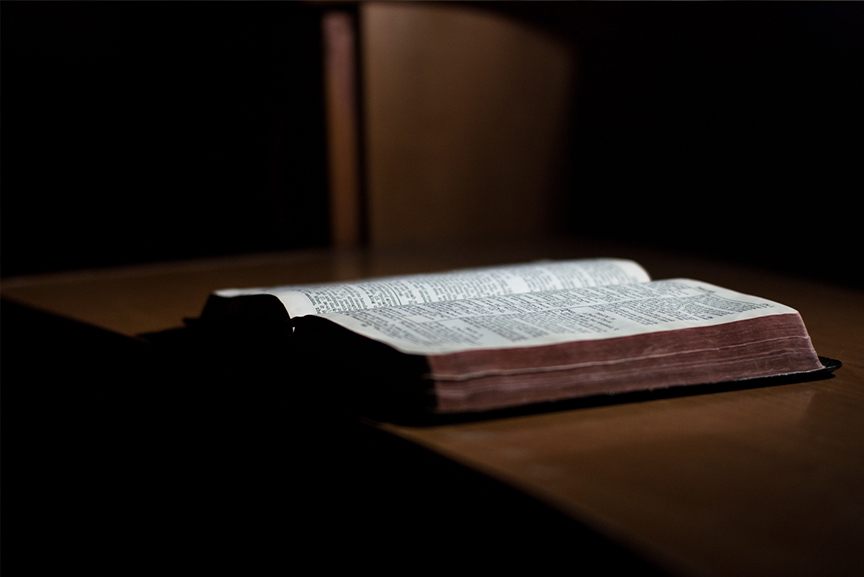Question:
Please show me what holidays the Bible says to celebrate.
Answer:
Thank you for your question. A “holiday” is defined as “Holy Day; specifically, a day or series of days observed in Judaism with commemorative ceremonies and practices” (Webster’s Seventh New Collegiate Dictionary).
Christians are not under any commands to observe any specific Jewish holidays. Those were all fulfilled in Jesus’ death on the cross, and have thus been blotted out. The Bible says, “Blotting out the handwriting of ordinances that was against us, which was contrary to us, and took it out of the way, nailing it to his cross; And having spoiled principalities and powers, he made a show of them openly, triumphing over them in it. Let no man therefore judge you in meat, or in drink, or in respect of an holyday, or of the new moon, or of the sabbath days: Which are a shadow of things to come; but the body is of Christ” (Colossians 2:14-17).
Christians are clearly not under any obligation to observe the sabbath days, or any of the other Jewish days that were considered to be “holy days” (holidays) or “special feasts.” All of those have been blotted out at the cross.
On the other hand, if a Christian wants to set apart a day in a special way for the Lord, then he may do so, and he should not be judged by anyone for doing it. The Bible says, “One man esteemeth one day above another: another esteemeth every day alike. Let every man be fully persuaded in his own mind. He that regardeth the day, regardeth it unto the Lord; and he that regardeth not the day, to the Lord he doth not regard it. He that eateth, eateth to the Lord, for he giveth God thanks; and he that eateth not, to the Lord he eateth not, and giveth God thanks. For none of us liveth to himself, and no man dieth to himself. For whether we live, we live unto the Lord; and whether we die, we die unto the Lord: whether we live therefore, or die, we are the Lord’s. For to this end Christ both died, and rose, and revived, that he might be Lord both of the dead and living. But why dost thou judge thy brother? or why dost thou set at nought thy brother? for we shall all stand before the judgment seat of Christ” (Romans 14:5-10).
So if a Christian wants to observe a certain day in commemoration of the Lord’s coming to earth (Christmas), then we have no right to judge him for that. If he wants to observe a certain day in commemoration of Jesus’ resurrection (Easter), then we have no right to judge him for that, either.
If a Christian does not want to observe those days as “holidays,” then he should not be judged by other Christians, either. We are under no specific commands to observe special “holy days” today.
I personally observe both holidays, because I want to set those days apart for the Lord. “He that regardeth the day, regardeth it unto the Lord…” (Romans 14:6). No one forces me to do it. I find great joy in observing these holidays. I know that some people have written books trying to associate paganism with these two specific holidays, but the pagans cannot designate a certain day as “theirs alone.” A Christian can designate any day of the year that he wants to be a special “holy day” (holiday) in his household. He and his family can set the day apart for the Lord. A local church can designate any day they choose to be special to remember what the Lord has done. They can observe that day every year, if they so choose, and no one should judge them for it. On the other hand, if a Christian does not want to observe any “holidays,” then he is also free to do that. “he that regardeth not the day, to the Lord he doth not regard it” (Romans 14:6).
I have a question for you. Has there been a “special day” in your life, when you repented of your sin and asked Jesus Christ to save you? That truly is a “holiday,” a “holy day” when our sins are blotted out for all of eternity!
